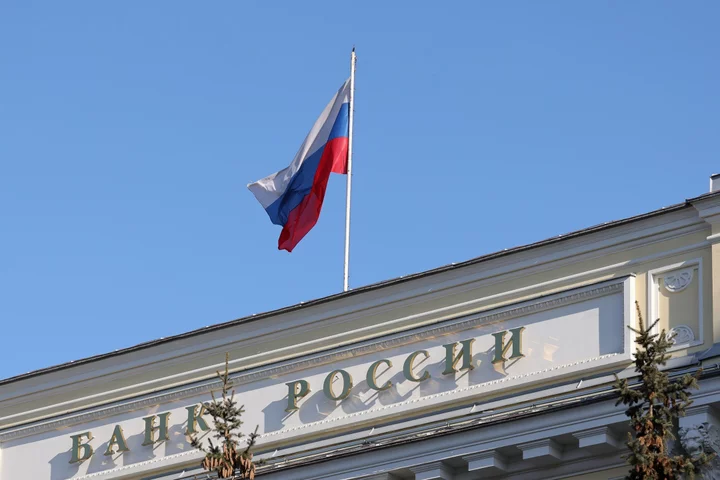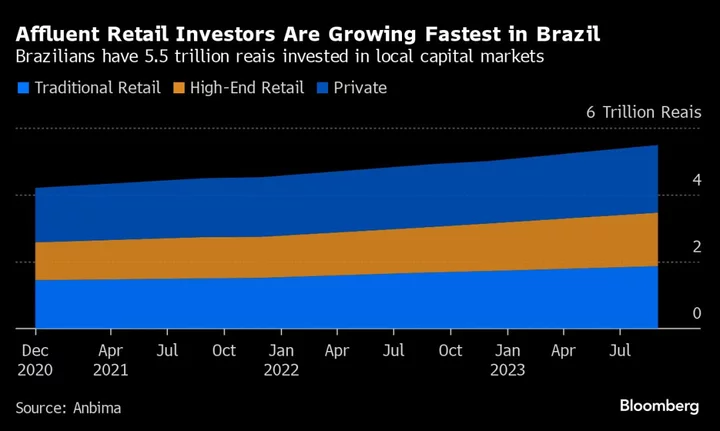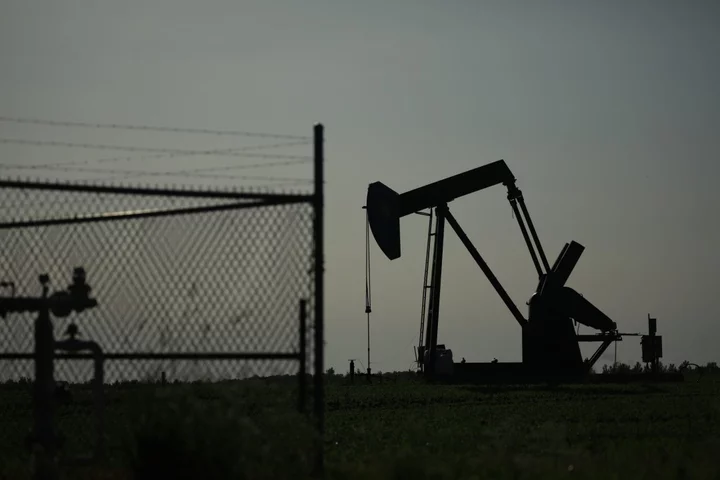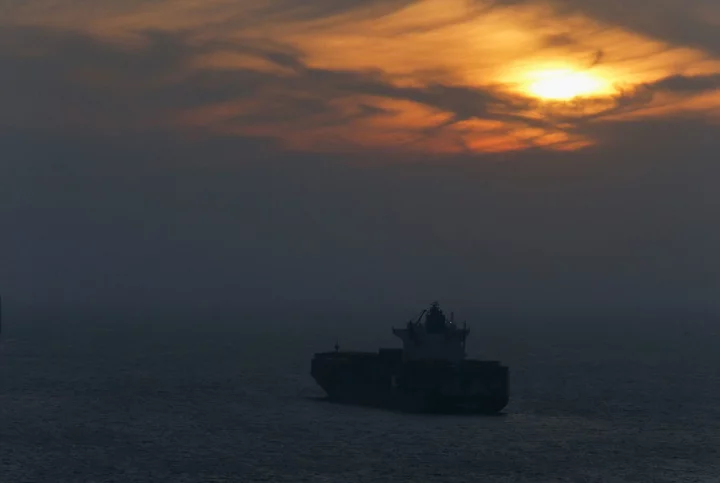The European Union has assessed that it can’t legally confiscate outright frozen Russian assets and instead is focusing on using those assets temporarily, according to a document obtained by Bloomberg.
The EU is zeroing in on two options as it keeps exploring how it could harness more than €200 billion ($219 billion) in frozen Russian central bank assets and channel them to Ukraine, the report said. Many of the funds are at settlement giant Euroclear Ltd., where they generated nearly €750 million by the first quarter of this year.
The bloc is expected to seek a mandate to work on this policy from EU leaders when they meet in Brussels next week.
An EU working party on the use of Russian reserves frozen under the bloc’s sanctions has been discussing how to gather information and assessing options under EU and international law. Its members see “no credible legal avenue allowing for the confiscation of frozen or immobilized assets on the sole basis of these assets being under EU restrictive measures,” it concluded. Instead it favors channeling windfall profits from the investments to Ukraine.
Several major global banks are concerned that appropriating Russian assets could cause Moscow to retaliate against their remaining interests in the country, according to people familiar with the matter. Russia could make life harder for foreign banks and target their local staff, an executive at one bank said. A second executive said his bank isn’t lobbying directly but is opposed in principle to confiscation by the EU.
Read more: Seize, Not Just Freeze, Russian Assets? Why It’s Hard: QuickTake
The European Central Bank has warned that using interest rate proceeds from the assets could encourage official reserve holders to turn their back on the euro, the report said. The central bank believes international coordination will play a key role in mitigating the risks.
The paper identified significant legal obstacles to one of the two options the bloc is exploring: temporarily using liquid assets of Russia’s central bank — in other words, investing the assets and directing the proceeds to Ukraine.
The group preferred a second option: a so-called windfall contribution. Firms with Russian holdings that are generating large profits by investing them could be required to transfer a substantial amount to the EU. This could reduce legal risk for the bloc because the EU wouldn’t be managing them.
EU officials wrote that this model wouldn’t affect financial stability, would preserve the business models of the firms involved and would be fair in terms of tax. “It would not impact the legal situation of the assets,” they added.
Read more: EU Blocks More Than €200 Billion in Russian Central Bank Assets
European Commission President Ursula von der Leyen said Wednesday in a speech to the Ukraine Recovery Conference in London that the bloc will come up with a proposal for using those holdings before its summer break in mid-July.
More than half the assets are in cash and deposits, while a “substantial amount” of the remainder is in securities that will transform to cash as they mature in the next two to three years.
The commission informed the working group “of the potential magnitude of revenues” if these liquid assets were invested prudently.
EU officials considered actively managing the assets to generate returns that could be used to support Ukraine. But property rights would need to be considered, and there is a risk of negative returns that couldn’t be completely eliminated, the report said.
Overall, the paper describes the urgent need of pushing forward with the work and taking the lead internationally on the matter given that most central bank assets are in the EU. The bloc’s leaders are expected to take stock of the work done so far next week and ask that officials keep moving ahead on it, according to a draft statement seen by Bloomberg.
--With assistance from Liza Tetley and Ott Tammik.
(Adds context on Euroclear, Wall Street banks, from second paragraph.)
Author: William Shaw, Stephanie Bodoni and Alberto Nardelli









